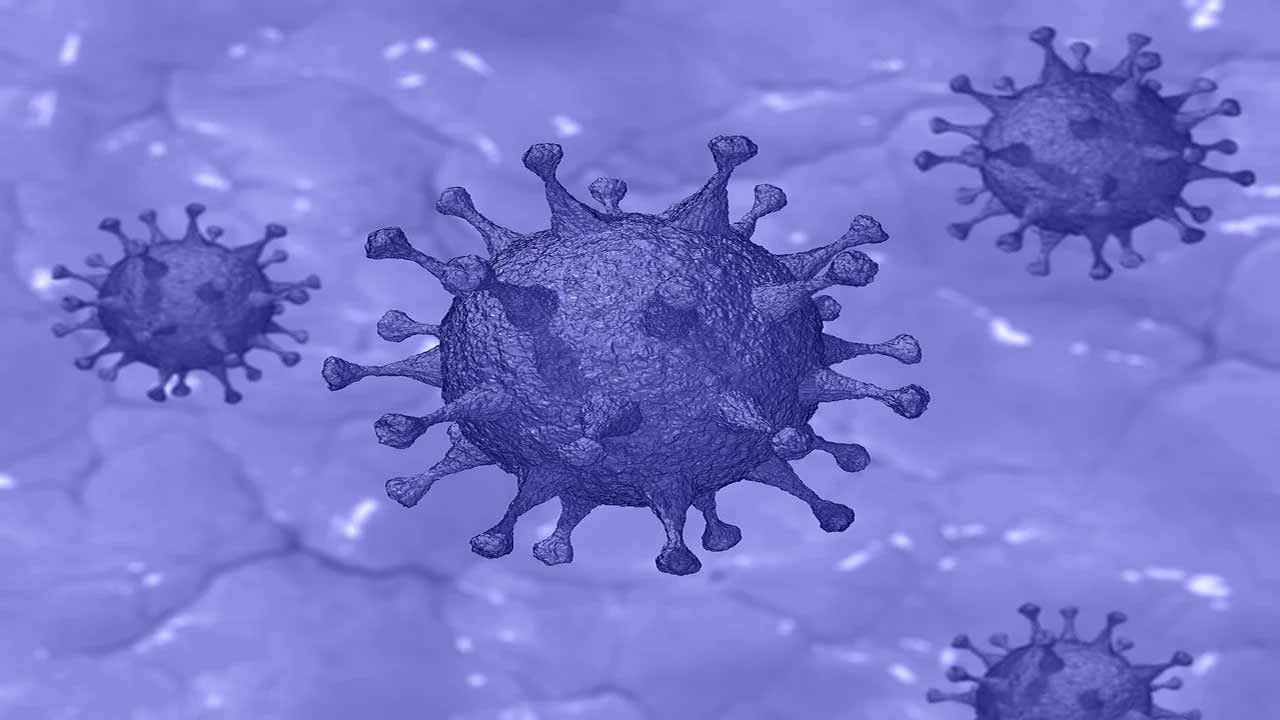New Delhi: The capacity of bats to tolerate viruses such as the novel coronavirus may stem from their ability to control inflammation, according to a review of studies.
It says understanding the immune system of the flying mammals can provide new drug targets for human therapies against COVID-19.
Researchers, including those from the University of Rochester in the US, said while bats are the ancestral hosts to many deadly viruses affecting humans such as Ebola, rabies, and the novel coronavirus, SARS-CoV-2, the flying mammals themselves tolerate these pathogens without ill effects.
“Although humans experience adverse symptoms when afflicted with these pathogens, bats are remarkably able to tolerate viruses, and, additionally, live much longer than similar-sized land mammals,” they noted in a statement.
In the review research, published in the journal Cell Metabolism, the scientists assessed how the natural ability of bats to control inflammation may be contributing to their longevity and tendency to fight off diseases.
“With COVID-19, the inflammation goes haywire, and it may be the inflammatory response that is killing the patient, more so than the virus itself,” said study co-author Vera Gorbunova from the University of Rochester.
“The human immune system works like that — once we get infected, our body sounds an alarm and we develop a fever and inflammation,” Gorbunova explained.
She said the goal of this immune system response in humans is to kill the virus and fight infection, but added that it can also be a detrimental response as patients’ bodies overreact to the threat.
But unlike humans, the scientists said bats have specific mechanisms which reduce the replication of viruses in their bodies, and also dampen their immune response to a virus.
As a result, they said there is a beneficial balance in bats with their immune systems controlling viruses, and at the same time not mounting a strong inflammatory response.
According to the researchers, one of the factors for this ability may be driven by their flight. Bats, being the only mammals that can fly, require that they adapt to rapid increases in body temperature, sudden surges in metabolism, and molecular damage, the scientists explained.
They said these adaptations may also assist in disease resistance. The researchers said another factor contributing to the heightened immunity in bats may be due to their environment, where many species of the flying mammals live in dense colonies, and hang close together on cave ceilings or trees.
“Bats are constantly exposed to viruses. They are always flying out and bringing back something new to the cave or nest, and they transfer the virus because they live in such close proximity to each other,” said Andrei Seluanov, another co-author of the study.
Because bats are constantly exposed to viruses, the scientists believe their immune systems are in a “perpetual arms race with pathogens” — a pathogen will enter the organism, the immune system will evolve a mechanism to combat the pathogen, the pathogen will evolve again, and so on.
“Dealing with all of these viruses may be shaping bats’ immunity and longevity,” Gorbunova said. While humans may be developing social habits that parallel those of bats, we have not yet evolved bats’ sophisticated mechanisms to combat viruses as they emerge and swiftly spread, the scientists noted.
“COVID-19 has such a different pathogenesis in older people. Age is one of the most critical factors between living and dying, and we have to treat aging as a whole process instead of just treating individual symptoms,” Gorbunova said.
According to the researchers studying bats’ immune systems can provide new targets for human therapies to fight diseases and aging.
Citing an example, they said bats have mutated or completely eliminated several genes involved in inflammation, adding that scientists can develop drugs to inhibit these genes in humans.
“Humans have two possible strategies if we want to prevent inflammation, live longer, and avoid the deadly effects of diseases like COVID-19,” Gorbunova said.
“One would be to not be exposed to any viruses, but that’s not practical. The second would be to regulate our immune system more like a bat,” she added.











